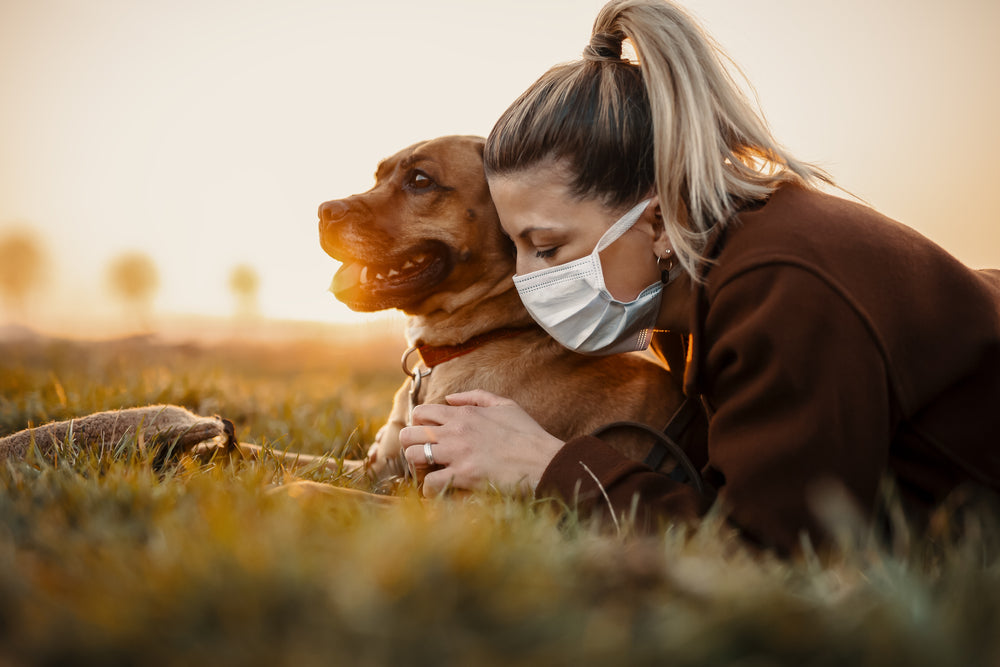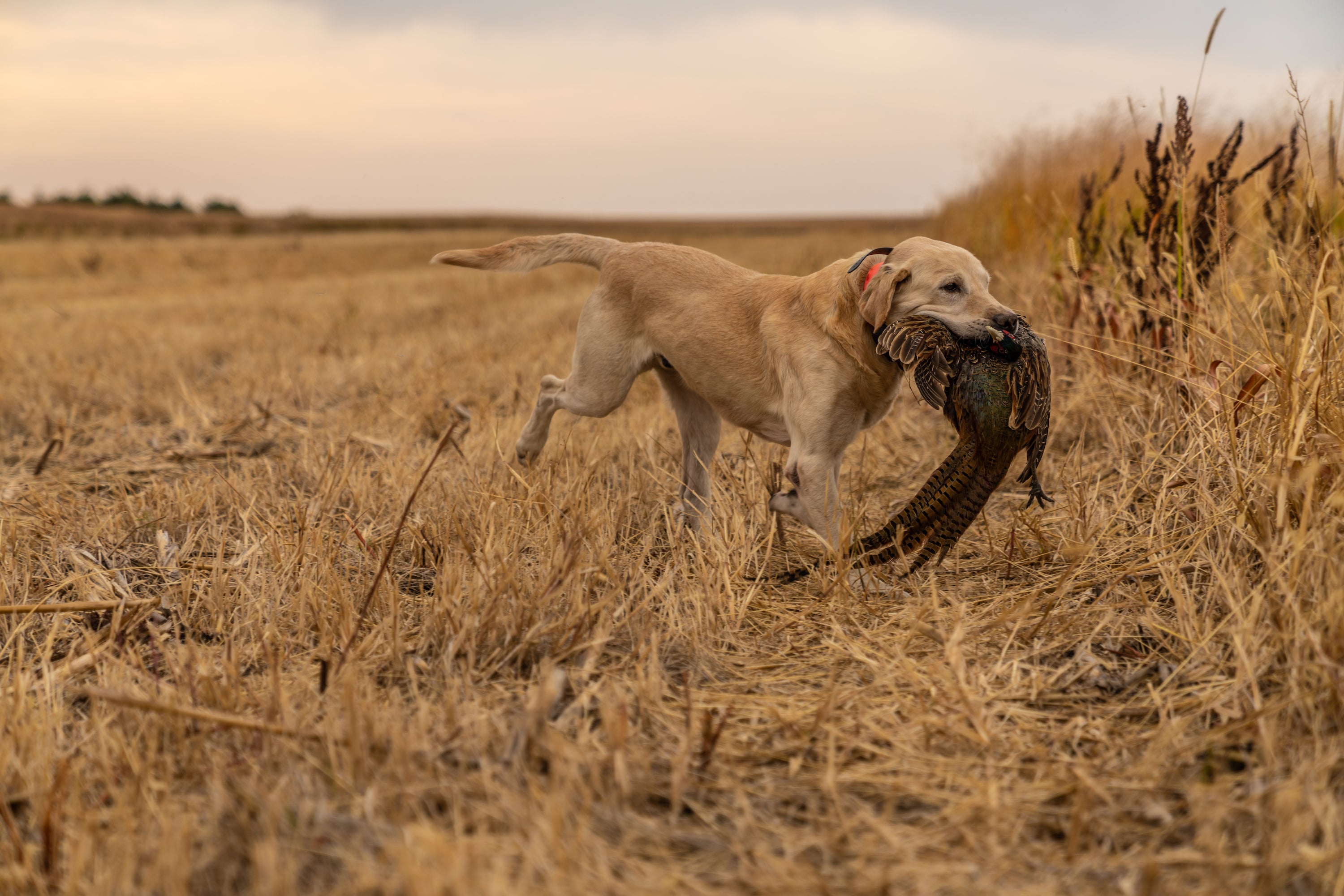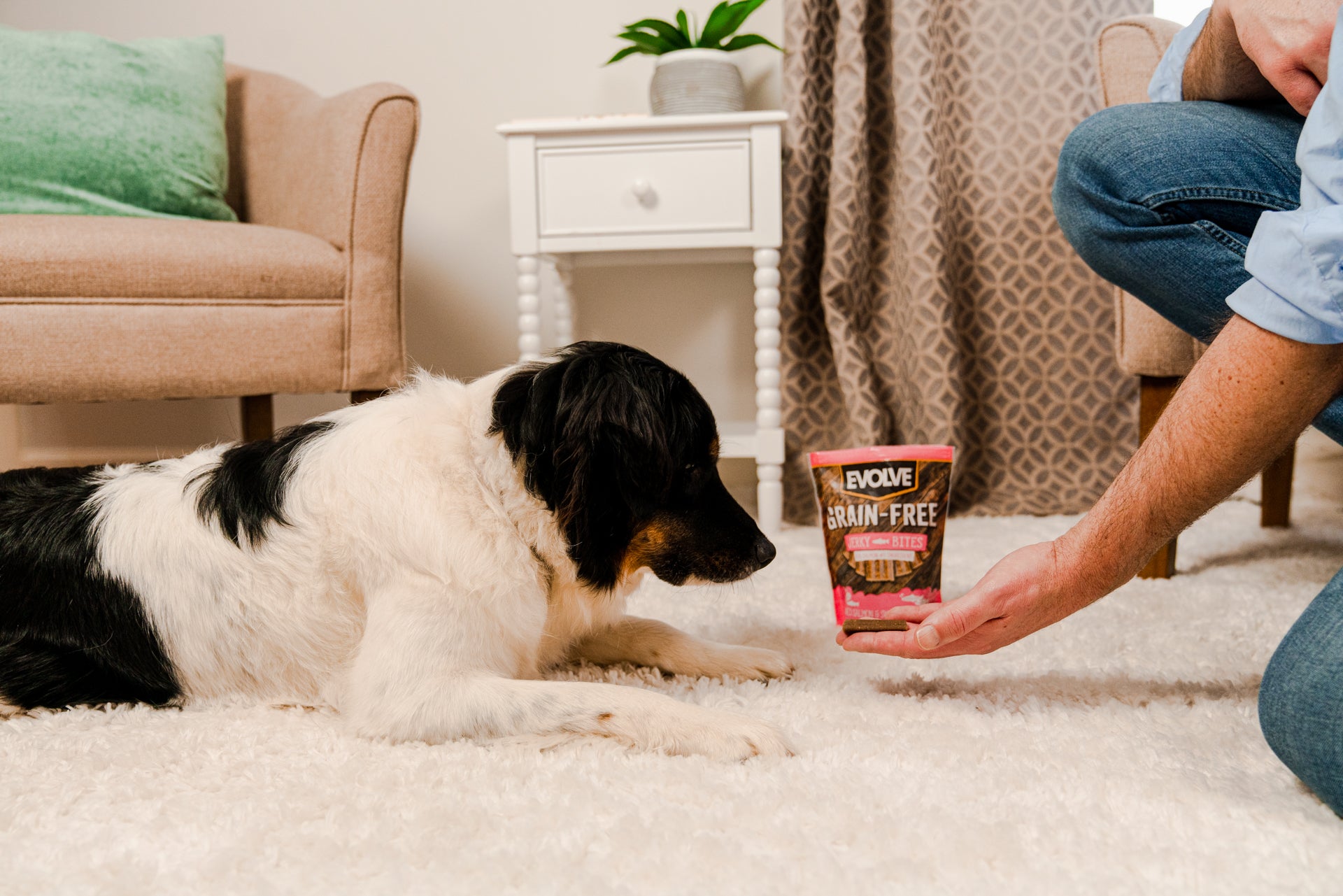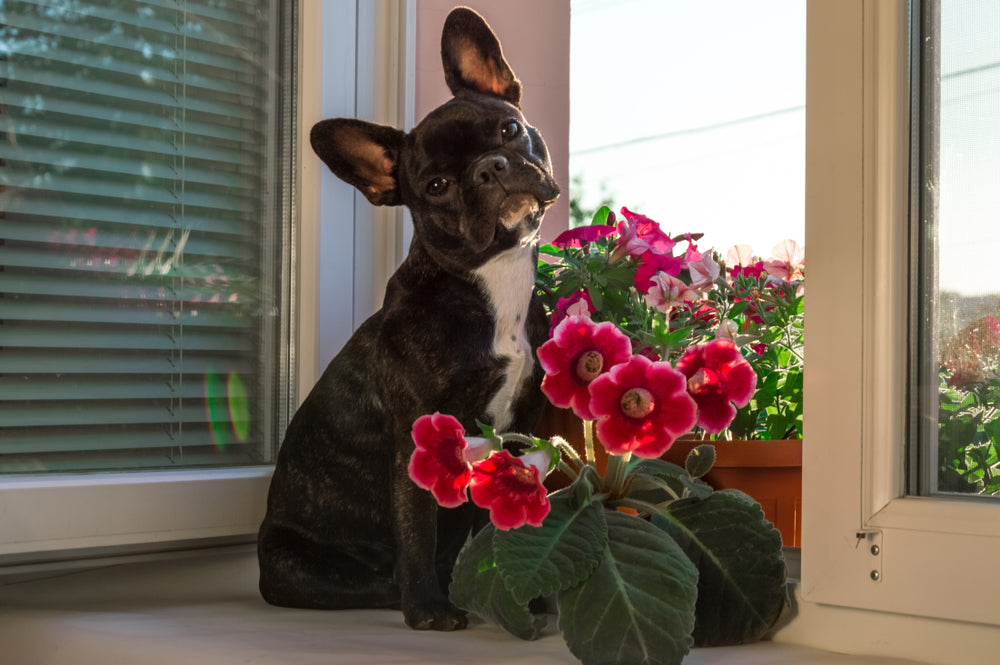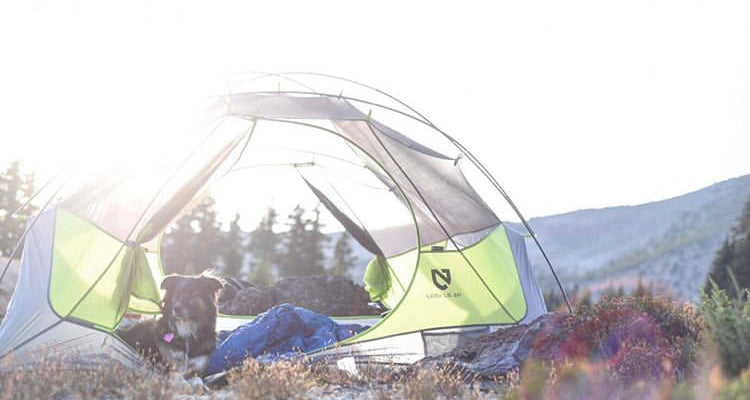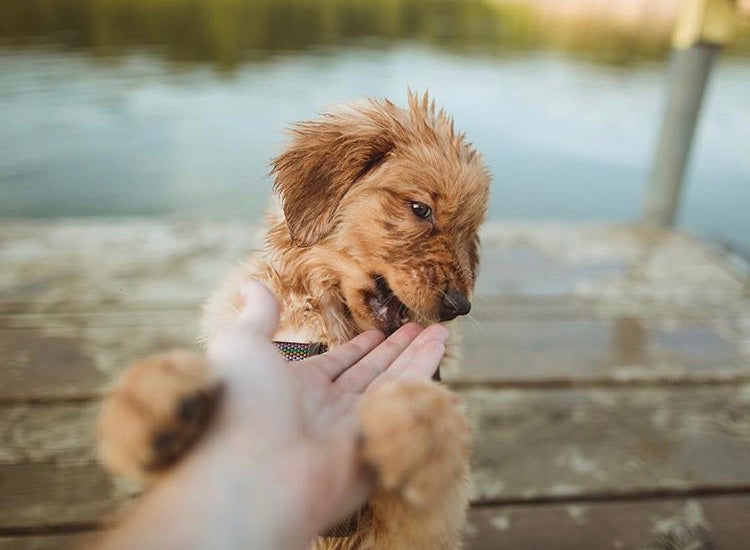
Today’s global pandemic has thousands of people concerned about the health and safety of their family and friends. But what about pets? Many pet owners are asking whether or not COVID-19 can affect their four-legged family members, too.
After much research, we’ve put together answers to your commonly asked questions. We hope this will ease any worries during this unprecedented time. Stay safe out there, furr-iends.
What is COVID-19?
The Centers for Disease Control and Prevention (CDC) describes COVID-19 as a highly contagious respiratory illness. The novel coronavirus that is linked to the introduction of COVID-19 was first identified during an investigation into an outbreak in Wuhan, China (CDC).
Can humans spread COVID-19 to pets or other animals?
Coronaviruses are a large family of viruses that cause different types of symptoms in humans and animals. For example, some cause cold-like illnesses in people, while others strictly infect animals such as cattle and bats.
Reports have shown that dogs and cats outside of the United States have been infected with COVID-19 after being in close contact with people who tested positive (CDC). However, as of April 14, 2020, there have been no reports of pets becoming sick from the virus in the U.S.
The United States recently reported its first positive case of COVID-19 in an animal.  According to the United States Department of Agriculture, a tiger at the Bronx Zoo in New York City tested positive for COVID-19 after showing signs of respiratory illness. The tiger was in contact with a zoo employee who was actively shedding the virus: this investigation is ongoing. Given this circumstance, it appears that COVID-19 can spread from humans to animals, in some situations.
According to the United States Department of Agriculture, a tiger at the Bronx Zoo in New York City tested positive for COVID-19 after showing signs of respiratory illness. The tiger was in contact with a zoo employee who was actively shedding the virus: this investigation is ongoing. Given this circumstance, it appears that COVID-19 can spread from humans to animals, in some situations.
Further studies are being conducted to better understand the effect COVID-19 has on animals.
Can pets spread COVID-19 to humans or other animals?
Coronaviruses that infect animals can sometimes spread to humans, but that is rare.
According to the American Veterinary Medical Association, there is no evidence that companion animals, including pets, can spread COVID-19 to people or be a source of infection in the United States, currently.
I’m a pet owner, how do I respond to this?
Given the uncertainty, health professionals recommend treating your pets as you would humans during this pandemic. Here’s a list of things you can do:
- Avoid letting your pets interact with other animals or humans outside the household.
- Keep your cats indoors, if you can.
- When walking your dog, make sure they are on a leash, six-feet away from fellow dog-walkers.
- Stay away from dog parks and public places.
- If you feel sick, restrict contact with your pets or other animals.
- Practice good health and safety—wear a mask, clean up after your pets properly, wash your hands, etc.
If you have any questions or concerns about your pet, contact your veterinarian immediately.
For more information, visit:
https://www.cdc.gov/coronavirus/2019-ncov/downloads/2019-ncov-factsheet.pdf
https://www.cdc.gov/coronavirus/2019-ncov/daily-life-coping/animals.html
https://www.aphis.usda.gov/aphis/newsroom/news/sa_by_date/sa-2020/ny-zoo-covid-19
https://www.avma.org/resources-tools/animal-health-and-welfare/covid-19
Be sure to follow Evolve’s Facebook, Instagram, and Twitter pages to stay up to date on the latest health and safety tips!




